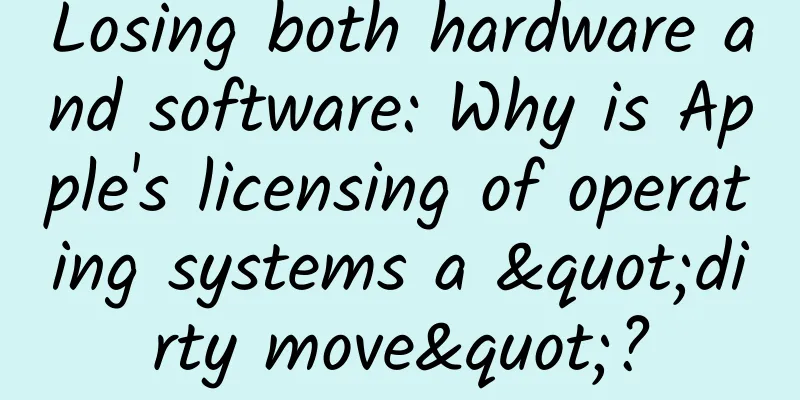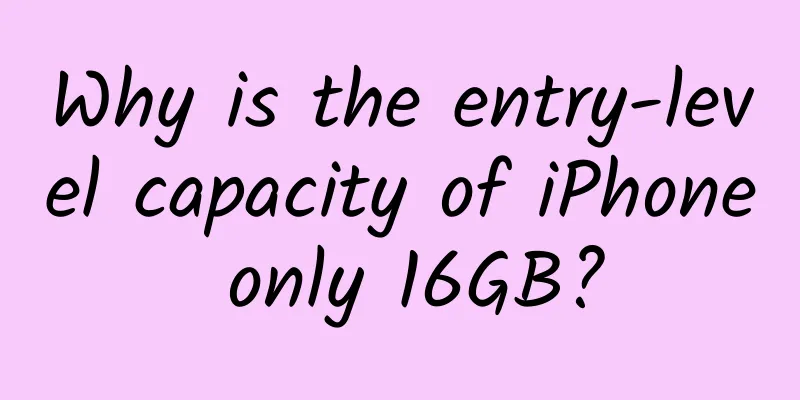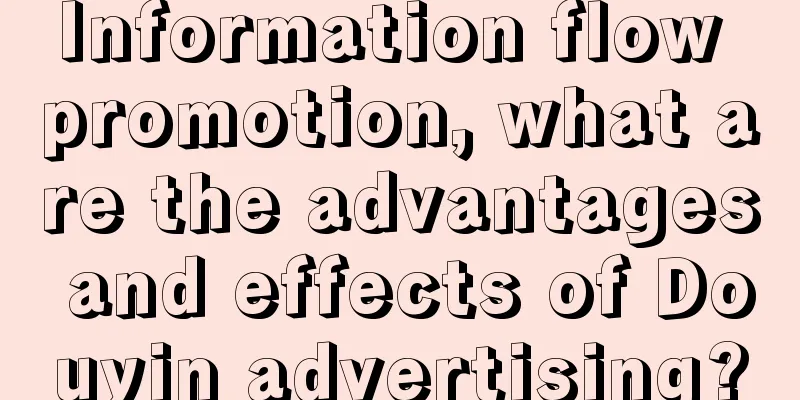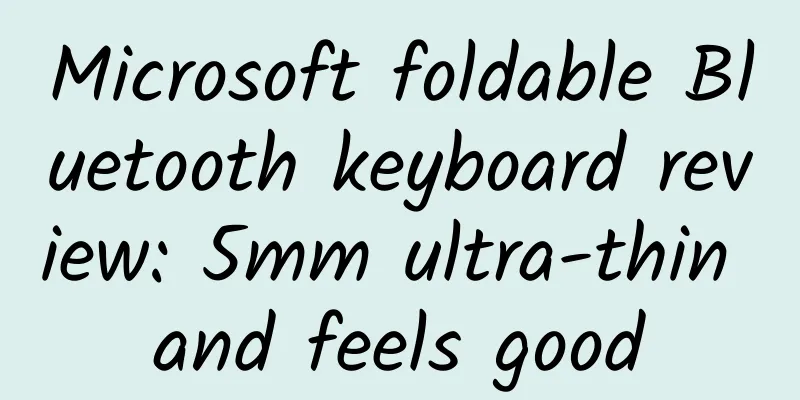Why Vitamin C effervescent tablets should not be taken for a long time
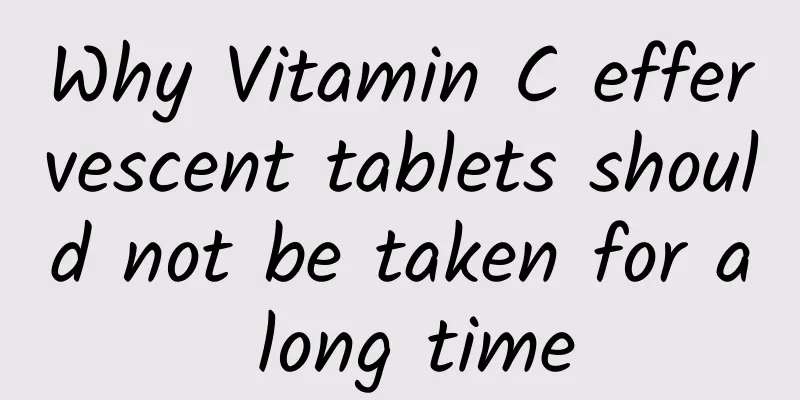
|
In daily life, many people take vitamin C effervescent tablets to prevent colds. Some people also think that vitamin C preparations such as effervescent tablets can be used to replace fruits. However, although vitamin C effervescent tablets are convenient and taste good, they are not suitable for daily use. Vitamin C is a water-soluble vitamin that cannot be synthesized by the human body and can only be taken in from the outside. Vitamin C can help the body absorb nutrients such as iron and calcium, and can also improve resistance to a certain extent. Generally speaking, 30 mg of vitamin C per day can meet the body's metabolic needs. If you take too much vitamin C, it will bring side effects to the body, which may cause nausea, vomiting, diarrhea, abdominal pain, rash and other problems, and may also affect the body's immune system. In addition, excessive intake of vitamin C will also lead to an increase in the metabolite oxalic acid, which can cause urinary stones. Long-term and large-scale use of vitamin C can easily lead to vitamin C deficiency once it is stopped, which is generally manifested as bleeding gums in the morning, or subcutaneous ecchymoses in severe cases. If 2500-5000mg or even higher vitamin C is taken at one time, it may cause a large number of red blood cells to rupture, resulting in hemolysis and other critical phenomena. Vitamin C effervescent tablets work best when brewed with warm water at about 40°C. Drink it immediately after brewing. When you have a cold, take it once a day for about 3-5 days. The upper limit of daily intake is 1 gram. If each tablet contains 1 gram of vitamin C, you can take no more than 1 tablet a day. Brush your teeth and rinse your mouth immediately after drinking to avoid damage to your teeth. In addition, effervescent tablets should be taken only after they are completely dissolved or the bubbles disappear, to prevent undisintegrated drugs from entering the mouth, esophagus or stomach and continuing to disintegrate, causing discomfort such as abdominal bloating, abdominal pain, and hiccups. It should be noted that vitamin C effervescent tablets are drugs and should not be used at the same time as other drugs, nor should they be mixed with tea, beverages, etc. It is best to consult a doctor or pharmacist before taking them to reduce the occurrence of adverse reactions. (Jin Kaiyi) |
<<: How to prevent aerosol transmission at home?
>>: Graphite: A dark appearance hides a soft heart
Recommend
Matchmakers are very popular, with income increasing by 259%
The latest third-quarter financial report release...
Everyone is a new media (strategy + tool collection)
Strategy Self-operation of WeChat platform I thin...
How does "Meipian", which has 80 million users, conduct content operations?
Meipian's slogan is to record the beauty and ...
The new platform enables Great Wall Motors to sell 618,211 vehicles from January to June, a year-on-year increase of 56.5%!
On July 8, Great Wall Motor Co., Ltd. (stock code...
5 steps to make your Douyin operation more efficient
If you ask Aunt Lisa, does it cost money to make ...
Night Hunters full version uncut HD Chinese subtitles
Ben Kingsley, Henry Cavill and Alexandra Daddario...
How to increase traffic? Here are 32 drainage methods
He who knows when to fight and when not to fight ...
Why are small red dwarf stars considered by scientists to be the cradle of life?
Stars are the main body of visible matter in the ...
One picture to understand the 2017 Apple conference/the most expensive iPhone in history is born
On September 13, Beijing time, the annual iPhone ...
How can I increase the number of followers by creating a museum account on Douyin?
The author of this article breaks down the operat...
Basic knowledge of data that operators must understand (I)
text The purpose of this open class is to introdu...
JAMA: Not enough evidence that vitamins and supplements help prevent cardiovascular disease or cancer
It is reported that in 2021, Americans spent near...
User targeting method for Toutiao advertising!
Those of us who do marketing promotion know that ...
My experience with the lightweight version of Find7
I just got find 7, let me say something. 1: Regard...
